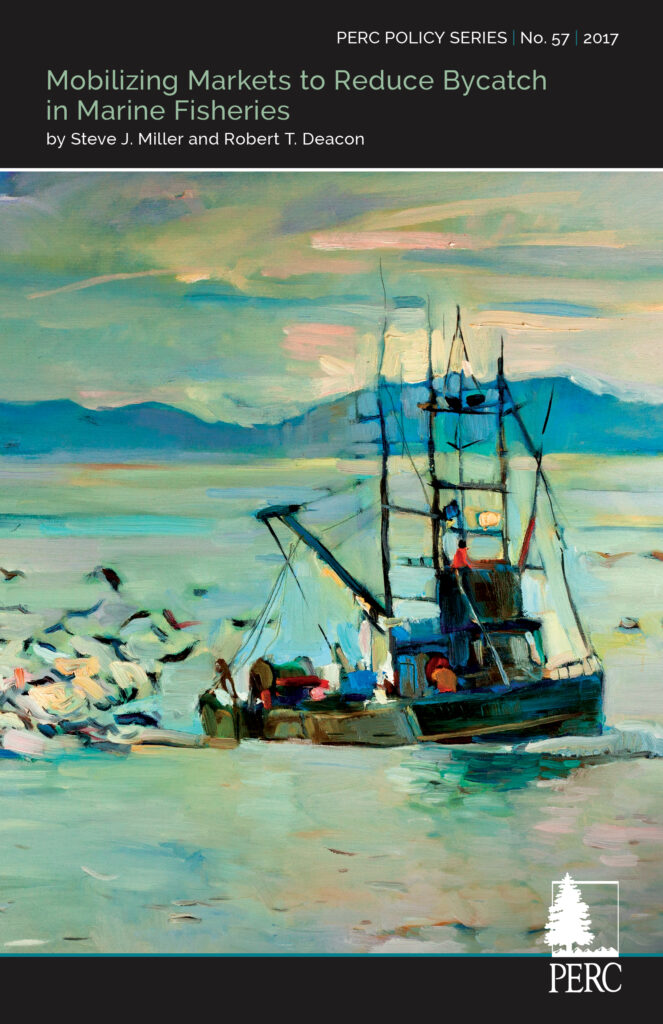All Research:
Innovation in Wildlife Management
Will Capitalism Save the Rhino?
If preserving the species is the goal, free markets and property rights can succeed where regulation and wishful thinking have failed.
Human-Wildlife Conflicts Come East
As locals clash with elk reintroduced to the Smokies, can strategies from the West serve as a blueprint to mitigate conflicts?
Can Markets Handle Invasive Species?
Markets are great at solving the problems of allocating resources for useful things like bread, cars, and iPhones. But what about lionfish?
Free Market Environmentalism for the Birds
Save Fish, Establish Property Rights
Where property rights have been made clear, secure, and transferable, overfishing has been reduced.
Mobilizing Markets to Reduce Bycatch in Marine Fisheries
Elk Under Fire
Can protecting elk habitat mitigate conflicts with landowners?
A New Landscape: 8 Ideas for the Interior Department
To Protect Endangered Species, Secure Property Rights
How property rights are an effective means for conserving and recovering endangered species.








